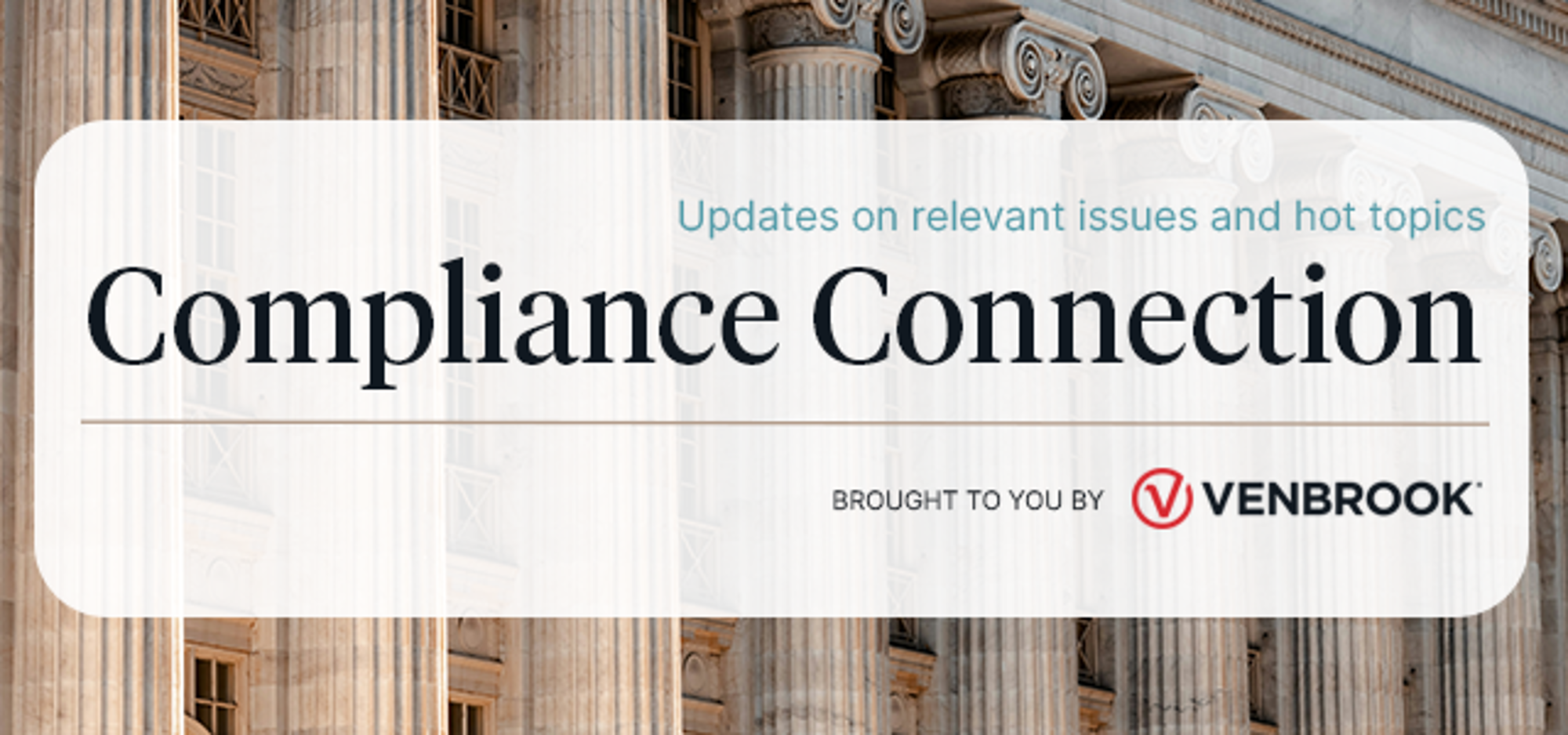Recent class action lawsuits have caused employers to pay more attention to their responsibilities as an ERISA fiduciary in their roles as plan sponsor of employee benefit health and welfare plans. Most of the current cases are related to how the employer handles their plan’s purchase of prescription drugs, but an employer’s fiduciary responsibility extends to many other aspects of plan sponsorship.
Recent Class Action Lawsuits
Seth Stern v. JPMorgan Chase & Co.
JPMorgan is accused of paying too much for certain prescription drugs that were available at lower prices and then passing those costs on to plan participants. In addition, JPMorgan is accused of failing to act on potential cost-saving strategies that the company should have been aware of and that JPMorgan mismanaged the PBM relationship and the fees paid to the PBM.
Lewandowski v. Johnson & Johnson
Johnson & Johnson (J&J) is accused of overpaying for certain drugs that were available at much lower costs, causing participants to spend significantly more than necessary for similar medications. The suit also accuses J&J of profiting from the plan because some of the more expensive medications paid for by the plan were actually sold by J&J. Without ruling on the claims of a breach of fiduciary duty, the J&J case was dismissed on procedural grounds. The court found that the plaintiff lacked standing because the plaintiff failed to show harm that could be addressed. However, the case has been refiled with amended claims for the original plaintiff along with an added plaintiff.
Navarro v. Wells Fargo & Co.
Wells Fargo is yet another case in which the company is accused of mishandling its prescription drug coverage, resulting in plan participants paying higher premiums and higher cost-sharing. However, similar to the original J&J case, the court dismissed this case for lack of standing finding that the plaintiffs failed to show redressable injuries.
ERISA Fiduciary Duty Basics
The cases mentioned above revolve around an employer’s fiduciary obligations as plan sponsor of employee benefit health and welfare plans. ERISA §404 outlines the duties of a plan fiduciary and requires fiduciaries to perform their duties:
- solely in the interests of participants and beneficiaries;
- for the exclusive purpose of providing plan benefits, or for defraying reasonable expenses of plan administration;
- with the care, skill, prudence and diligence that a prudent person acting in a like capacity and familiar with such matters would use; and
- in accordance with the documents and the instruments governing the plan insofar as those documents and instruments are consistent with ERISA.
ERISA fiduciary duties include, among other things, setting and following plan terms such as benefit inclusions and exclusions, eligibility for coverage, and claims procedures; adopting formal plan documents; providing participant disclosures; reporting certain information to the government (e.g., Form 5500s); choosing and monitoring vendors to help administer the plan; and properly handling plan assets. See further guidance from the Department of Labor’s publication “Understanding Your Fiduciary Responsibilities Under a Group Health Plan” HERE.
It can be difficult to say whether any particular action or decision would be considered a breach of fiduciary duty. Employers should think more broadly, taking into consideration all the facts and circumstances of the situation and how someone manages a plan. For example, an employer choosing a vendor that is not the “cheapest option,” but that provides value to the plan in other ways, would not be a breach of the employer's fiduciary responsibility. However, a CFO choosing to work with a vendor owned by his son that charges significantly higher fees than other available options could be grounds for a claim of a breach of fiduciary duties.
Who is a Plan Fiduciary?
Employer-sponsored plans subject to ERISA should have a named fiduciary. Typically, this is an individual, or sometimes a committee of people, working for the plan sponsor with decision-making authority. However, fiduciary status can also flow from the plan functions performed by a person who is not otherwise named as a fiduciary. It is not a person's title, office, or other formal designation that determines fiduciary status. Specifically, under ERISA §3(21), a person is a “fiduciary” with respect to an employee benefit plan to the extent that the person:
- exercises any discretionary authority or discretionary control respecting management of the plan or exercises any authority or control respecting management or disposition of plan assets;
- renders investment advice for a fee or for any other compensation, direct or indirect, or has any authority or any responsibility to do so; or
- has discretionary authority or discretionary responsibility in the administration of the plan.
Employer Responsibilities
Employer plan sponsors have an obligation to regularly monitor benefit compliance requirements and to operate their employer-sponsored plans accordingly. It is important for employers to document and communicate their plan terms and administrative procedures and to follow such procedures whenever possible. For fully-insured plans, the carriers play a significant role and share in the compliance responsibility with the employer plan sponsor. For employers who offer level-funded or self-funded plans, there is an increased level of responsibility for the employer, although the employer will typically contract with third party vendors to assist in meeting its obligations.
One of an employer’s most important responsibilities is to do their due diligence when selecting plan vendors and then to monitor the actions of those vendors. The employer must also ensure that vendors are paid only reasonable and necessary fees. New rules contained in recent legislation like the Consolidated Appropriation Act of 2021 (CAA) and the Transparency in Coverage (TiC) regulations have made vendor management even more important. Most employers cannot comply with many of these requirements without the assistance of one or more of their health plan vendors. Prescription drug (RxDC) reporting and non-quantitative treatment limitation (NQTL) comparative analyses are examples of compliance obligations where the employer may not even have the data or information necessary for compliance. In these situations, the employer’s fiduciary responsibility is to carefully select vendors and monitor their compliance with applicable rules to the best of their ability.
In addition, as more information becomes available to the industry and to the general public, as is the goal of much of the CAA and TiC regulations, employers may be expected to seek out and act upon such information. Further access to information is helpful to employers as plan sponsors, as well as to participants, but it may also heighten the employer’s fiduciary responsibilities to appropriately respond to such information.
Summary
Employers should continue to monitor the pending fiduciary responsibility related cases, and it seems likely that we’ll continue to see more of them. These cases serve as a reminder that employer plan sponsors have a responsibility to operate their ERISA plans in the best interest of the participants and that vendor selection and management is an important fiduciary duty.
The following are some steps employers can take to minimize the risk of fiduciary liability:
- Create a benefits committee charged with meeting regularly (e.g., quarterly) to implement proper committee procedures and discuss, approve and plan-related decisions.
- Improve the process of selecting and monitoring vendors/service providers.
- Consider and compare multiple vendors.
- Document vendor selections.
- Include a compliance responsibility analysis as a critical part of the vendor selection process.
- Review vendor contracts and consider including indemnification provisions that protect the employer as plan sponsor.
- Ensure that only reasonable and necessary fees are paid for the vendor’s services.
- Perform a regular compliance assessment to identify and address any gaps or changes needed to comply with current requirements (e.g., under ERISA, COBRA, HIPAA, ACA, etc.).
- Ensure any participant contributions are appropriately collected, timely handled, and used solely for the benefit of plan participants.
- Consider purchasing fiduciary liability insurance.
























